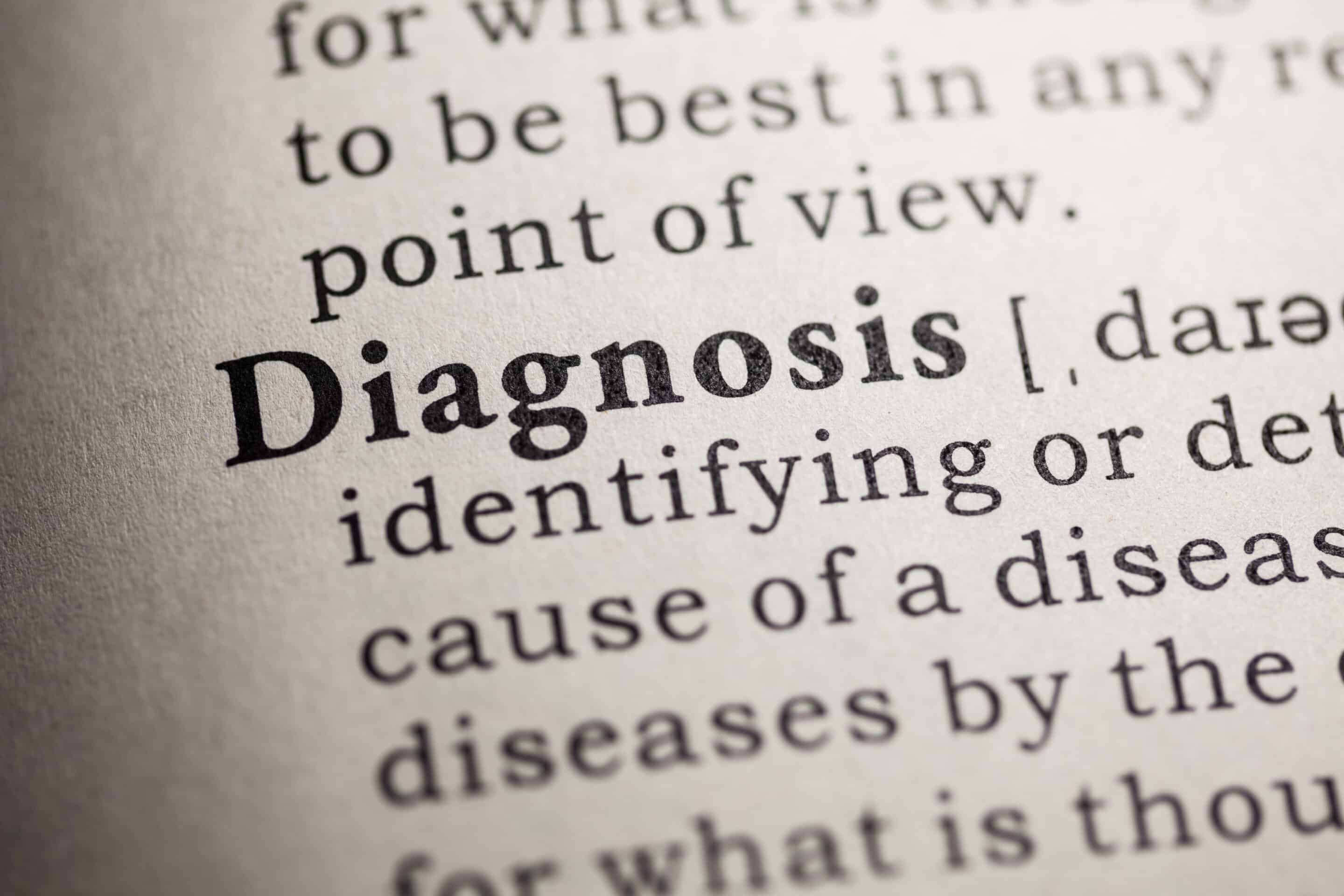A dual diagnosis is the diagnosis of two or more health problems existing at the same time. This term is most often used to refer to individuals with substance addiction and at least one mental illness. The clinical word for dual diagnosis is “comorbidity”, which is more frequently heard to describe people with two conditions such as heart disease and diabetes, or arthritis and high blood pressure.
Most patients seeking treatment from Hickory Recovery have an addiction, a mental illness, and/or a personality disorder. Although they are not considered a specific type of mental illness, personality disorders such as borderline personality disorder (BPD) or antisocial personality disorder (APD) are commonly part of a dual diagnosis for people with a drug or alcohol addiction.
Risk Factors for a Dual Diagnosis
Depression, anxiety, post-traumatic stress disorder (PTSD), childhood abuse/neglect, and coping with the consequences of having an untreated personality disorder can lead to someone trying to self-medicate with addictive substances.
Research also indicates that substance abuse is strongly associated with schizophrenia, bipolar disorder, and certain personality disorders. When individuals with these mental illnesses cannot access treatment or chose not to seek treatment, they become addicted to drugs or alcohol to desensitize themselves to the pain and loss they constantly feel.
Dual Diagnosis After Detoxification
People with long-term addictions may say or do things that mimic the behavior of someone with a severe psychiatric illness. Cocaine, methamphetamine, and other stimulants can cause visual and audio hallucinations, paranoia, and other symptoms of psychosis. This is why a patient entering a Hickory Treatment recovery center is not formally given a dual diagnosis until they have completed a medical detox and eliminated all traces of drugs from their body.
Dual Diagnosis Treatment
Dual diagnosis recovery centers provide mental health and addiction therapies that are especially intended to treat a mental illness and an addiction at the same time. Therapies include but are not limited to:
Cognitive Behavioral Therapy (CBT)
CBT therapists working in Hickory Recovery residential treatment centers help dual diagnosis patients recognize falsely negative thought patterns and challenge these inaccurate beliefs about themselves and others. Learning CBT techniques is also valuable to help avoid relapse while in recovery.
Psychotherapy
Psychotherapists persuade dual diagnosis patients to talk about their emotions no matter how painful those feelings might be. Psychotherapy sessions also focus on resolving repressed emotions that have been suppressed by substance abuse. Acknowledging long-buried, hurtful memories and emotions and dealing with them in a healthy manner is essential for treating addiction and mental health problems.
Rational-Emotive Behavioral Therapy (REBT)
REBT teaches patients that how they perceive a distressing situation will dictate how they feel about the situation. In addition to identifying self-defeating and irrational beliefs that interfere with achieving sobriety, REBT helps patients understand that they control how they choose to feel and view what has happened and is happening to them. Using REBT techniques teaches patients how to rationally manage their lives while improving their ability to detect “trigger” situations that may lead to relapse.
Call Hickory Recovery Network today at 800-604-2117 to learn more about addiction and dual diagnosis treatment. We can help you take that first step toward the kind of meaningful, sober life you or someone you know deserves and has every right to achieve.


